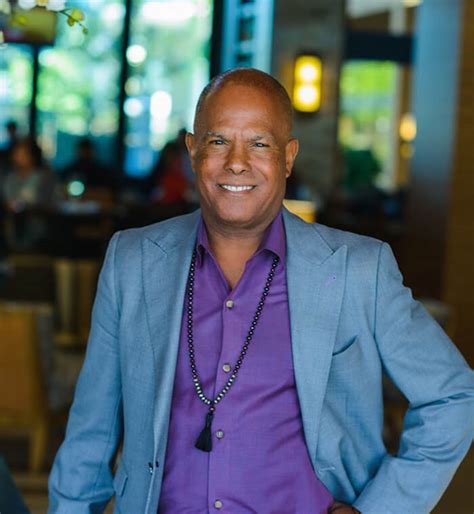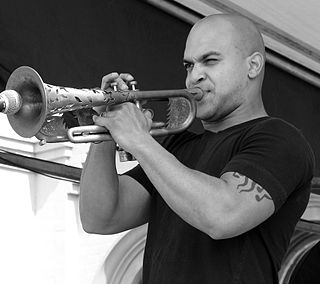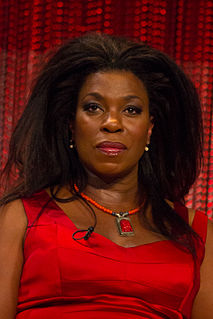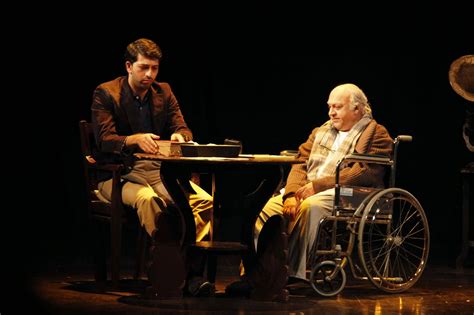A Quote by Cordae
We all take life for granted, one way or another.
Related Quotes
There's a fundamental disconnection in society in the way we live, this way we live that we take so for granted, and we've become very separate from one another and we don't really take lot of time to realize that. And the math is overwhelming to the point of despair, but the answers could be so simple.
The way forward does not lie in amateur and comically timeless linguistic sociology which takes 'forms of life ' for granted (and this is what philosophy has been recently), but in the systematic study of forms of life which does not take them for granted at all. It hardly matters whether such an inquiry is called philosophy or sociology.
We take it for granted that Jesus was not interested in political life: his mission was purely religious. Indeed we have witnessed . . . the 'iconization' of the life of Jesus: 'This is a Jesus of hieratic, stereotyped gestures, all representing theological themes. In this way, the life of Jesus is no longer a human life, submerged in history, but a theological life -- an icon.
I think we have gotten to a point as Americans, unfortunately, where we take for granted the magic that life brings and that life is really special and every life matters. We tend to go through life but not take the moment to step back and remember you are here, right now, for a very finite amount of time.
The tension of opposites: Life is a series of pulls back and forth. You want to do one thing, but you are bound to do something else. Something hurts you, yet you know it shouldn't. You take certain things for granted, even when you know you should never take anything for granted. A tension of opposites, like a pull on a rubber band. And most of us live somewhere in the middle.




































